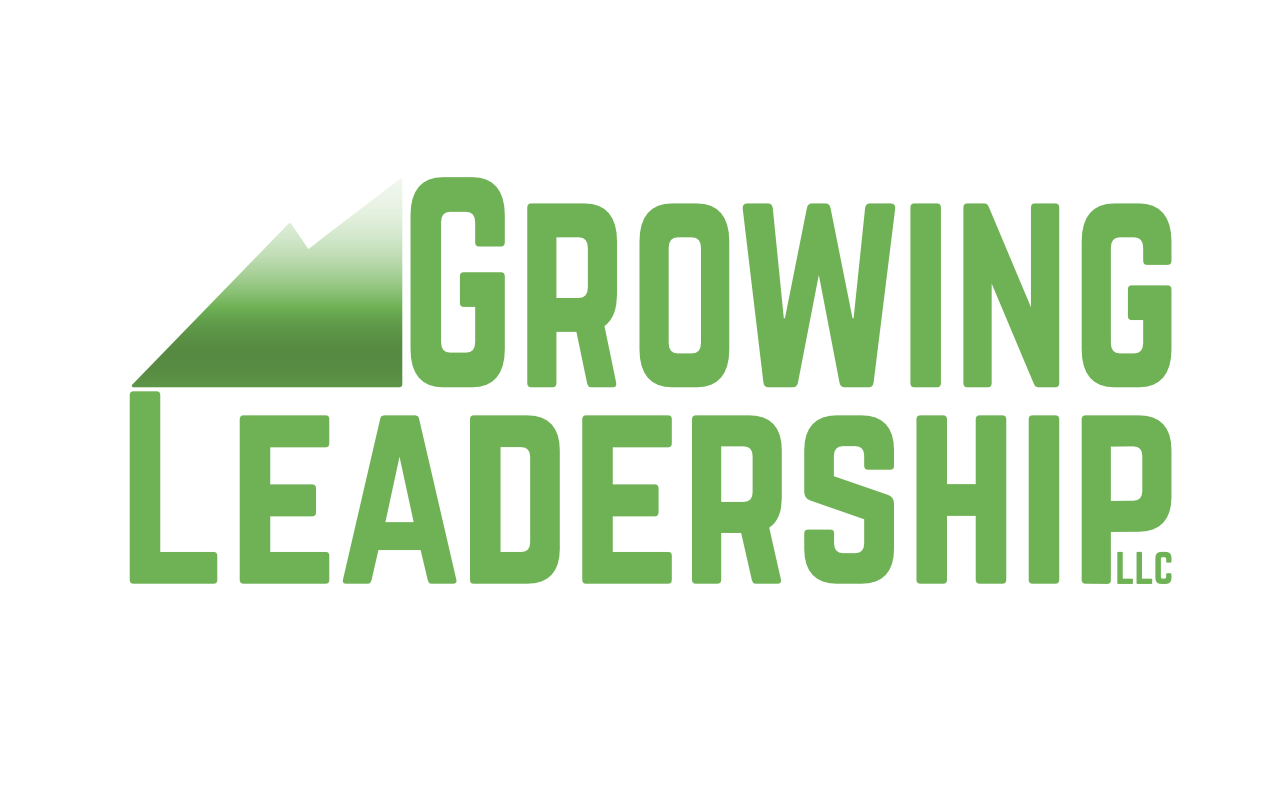The most effective leaders delegate responsibilities, demonstrating a willingness to share tasks and empower staff. One person cannot do it all, but delegation requires thoughtful planning. Delegation frees the supervisor to have adequate time to focus on important tasks and contributes to the growth and development of direct reports, creating future leaders! Despite many benefits, there are obstacles that often get in the way of effective delegation.
Read MoreAs I wrote in my latest column in the NH Business Review, taking the time to put your ideas in writing is almost always worthwhile, helping you think through and better define your ideas and priorities. Are you clear what leadership practices are most important for you? My list starts with a few overarching principles for life and work. Then, I added a “to be” list, with related quotes to help sustain motivation. For example. . .
Read More“Be deeply successful in a way that is personal for you," advised a recent graduation speaker. Sadly, we sometimes let others define success rather than determining it for ourselves. Of course, figuring it out is not always easy, and it can be amazingly convenient to let someone else do the deciding. But that is not a pathway to a meaningful life.
Read More“Put relationships first and being right second,” is great advice I found in the instructions for a training module I was leading. Our “to do lists” are always longer than the time available, and it is often tempting to “get it done” as quickly and efficiently as possible, especially since we often know (or think we know) the right answer. But optimal leadership means sometimes slowing things down and engaging staff in processes that may take longer than we might like.
Read MoreConflict is normal in any organization, but serious conflicts left unresolved can diminish business effectiveness, undermine working relationships, and erode employee morale. It is a natural tendency to avoid conflict, and best when employees work out their issues with co-workers on their own. But effective leaders know that they sometimes need to engage, whether they want to or not!
Read MoreAre you creating a work environment that encourages employees to maximize their talents and bring their best selves to work? Or is the work more transactional – they do exactly what you ask, no more and no less? Every business has expectations, of course, but leaders who focus too much on results may be less successful in the long run than those who pay more attention to the process that helps employees achieve them. Check out my full column on this subject in the May 7 edition of the New Hampshire Business Review.
Read MoreThe most successful leaders understand that quality communication, listening, and feedback are key elements of their effectiveness. When communication is ineffective, people may become cynical, and rumors can circulate. This diminishes morale and productivity. “They don’t really mean what they say,” is a common workplace complaint. The most effective leaders continuously reflect on their impact and seek ways to up their leadership communication game.
Read MoreHow are you managing the inevitable changes in your life or business? Do you feel you are pushing against the current or surfing the wave? Would a different way of thinking help you to more effectively adapt to change? Perhaps some outside help would help you see where there might be fresh perspectives or new opportunities.
Read MoreGratitude is the single factor that most drives happiness. The glass may be half-empty, but do we take enough time to really appreciate the half-full portion? One of my favorite quotes is by Henry Matisse: “There are always flowers for those who want to see them.” Leaders, too, have an opportunity to make a difference. Relationships and how we treat each other matter.
Read MoreThe pursuit of happiness is well ingrained in our national psyche, but achieving it can be elusive. Tal Ben-Shahar wrote in Happier: Learn the Secrets to Daily Joy and Lasting Fulfillment that people who strive to achieve some future goal, while miserable in the present, rarely find true happiness. Happiness, at some basic level, needs to flow from within, but leaders who create connections and a sense of purpose can create a work climate that encourages people to flourish.
Read More
